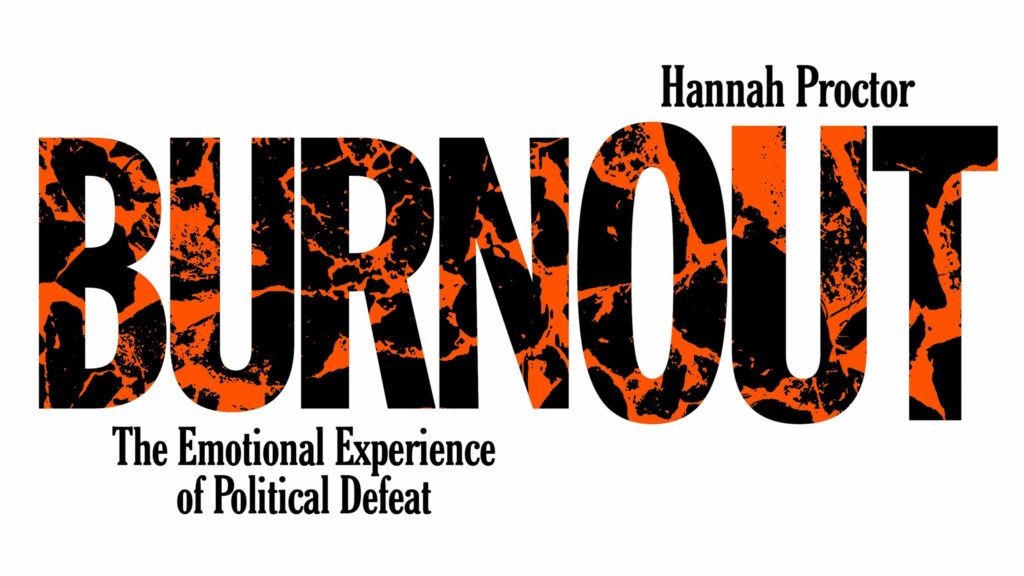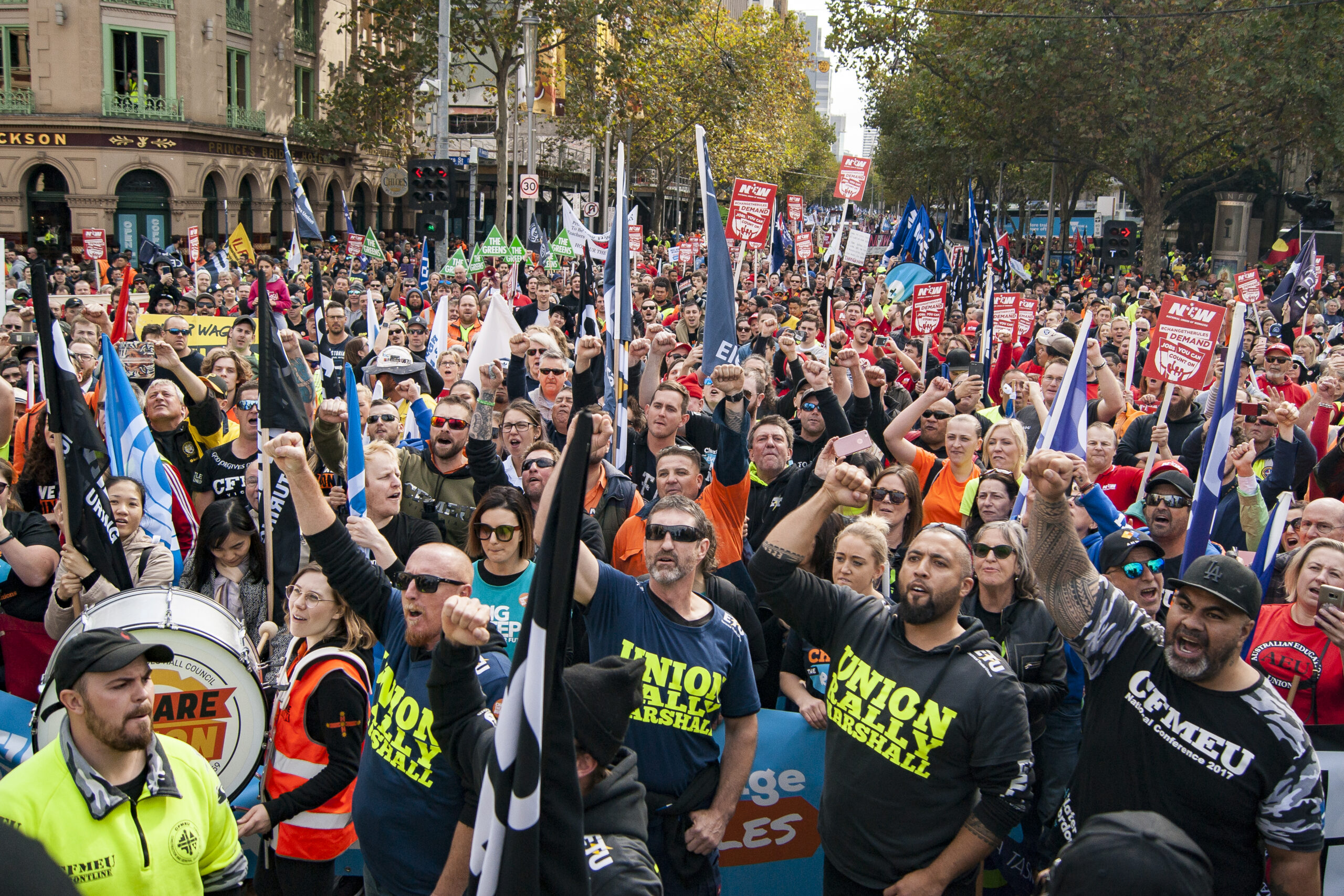We are seeing and are actively involved in a recent up-tick of political activity, most noticeably the widespread, and thus-far sustained mobilisations in support of Palestine. Many new people are being drawn into political activity through marches and through organising activity including educational forums, direct disruptive action, building student and worker action groups, social media campaigns, mass rallies and much, much more. We consider all of this activity necessary, important, and worthwhile. As socialists we argue not just the moral imperative of solidarity with the oppressed but we also value the ways in which this activity builds the confidence and cohesion of the left in general terms, thus increasing the possibilities for future organising and revolt. Even for those of our allies who are not yet interested in this wider context, the connection and personal growth afforded by regularly meeting with those who share a moral compass – those who are similarly appalled by genocide and who are sufficiently motivated to do their part to stop it – is invaluable for maintaining spirits and encouraging continued efforts. But all of this activity comes at a cost. We all suffer to various degrees in terms of time, energy, other social arrangements, and our ability to relate to those around us who are not choosing to engage with us in this activity. While each mass rally is ‘successful’ and inspiring, it’s very normal to also feel a growing sense of frustration, heartache, and despair when we see the genocide continuing apparently unchecked.
In the context of the simultaneous and combined political struggles and inner-personal struggles described above, it would seem Hannah Proctor’s book Burnout might be invaluable. Certainly our own political project has seen members come and go over the decades; so too for our allies in campaign and collaborative groups. Not infrequently, “burnout” is directly cited or implied by those departing from organising activity, and an insight into causes of and solutions to burnout would help sustain the movement. The subtitle of the book, “The emotional experience of political defeat”, might on first glance however seem somewhat less inspiring. We don’t engage in our political activity wanting or expecting defeat as an outcome. We struggle for a better world where resources are shared; we struggle for immediate reforms that improve the material conditions here and now; we analyse and strategise and organise in order to win. To win those improvements now and to win that better world in the hopefully near future. Why should we care to read about experiencing defeat?
Proctor’s book spans political experiences from the Paris Commune of the late 19th century through to COVID-19 of this century. She doesn’t hold anything back in acknowledging and describing the dedication to revolutionary social, economic, and political change exhibited by many named and unnamed activists. From undergoing surgical procedures without anaesthetic to enduring slave labour in exile; from undertaking prolonged and invasive consciousness-raising sessions to persisting in conditions that lead to physical and nervous exhaustion: again and again Proctor provides examples of the impressive and heartbreaking efforts of our forebears. Yet despite those feats, many of these examples are also associated with descriptions of defeat: incarceration, institutionalisation, slaughter, suicide, depression, and so on. This might serve as a trigger warning for description of those subjects through the book. Proctor doesn’t shy away from these subjects, nor from considering in detail the process by which fervour can morph into spiritual depletion. Across this, there is an acknowledgement from Proctor that we often have a poorly-defined concept of “burnout” in our conversations, noting a complexity beyond simply being tired or having a lot to do. This is Burnout‘s greatest strength – a deep dive into this trio of visionary aspiration, historically-validated risk of defeat, and potential sense of failure.
While Burnout is a fantastic record of political struggle and acknowledgement of the risks we face, what it doesn’t do is provide easy solutions to the problems it uncovers. Proctor gives no pretence of the book being an easy-read self-help guidebook, and I admit I was very much left with a sense of “well, what now?” on finishing the book. The reader is left to churn over the lessons for themself, with only a kind of direction marker through Proctor’s words in reference to those of Gramsci: “the damaging psychological consequences of engaging in that fight should be acknowledged and can be mitigated. But the fight will not be painless, requiring something like despair of the intellect, hope of the will.” The reader won’t find in Burnout any bullet-pointed lists of considerations or tables of issues to resolve amongst comrades within their political circles. Nonetheless, the book isn’t just a historical record or some sort of prophecy for the doomed. In acknowledging the dangers and the realities of defeat, and then in returning to the hope that motivated each of our earliest organising experiences, Proctor suggests that burning ourselves out is not an inevitability. This is captured eloquently in her interpretation Jasieński: “Our minds (and bodies) may be in hellish conditions, but they’re nevertheless on the earth, where things can still be organised differently.”
With all of the above in mind then, I highly recommend this book. I do recommend readers take their time with it, be cautious of the nerves it may well indelicately touch, and discuss their emotional reactions to the contents with friends and family as they work their way through. But I do also recommend to everyone who is involved in trying to make the world better: read this book to help develop your sense of context for your present struggles. It will help to develop your sense of how your struggles build on the struggles and apparent defeats of those who went before you, and make room for realising the possibility that you are building on those historical struggles, which means they weren’t always the defeats they may have felt like at the time. Use this book to build hope for the potential success of your (our) own struggles, even despite all the challenges you’re (we’re) facing. A better world is possible!
Burnout is written by Hannah Proctor, published by Verso, and available from Penguin Random House and elsewhere.









